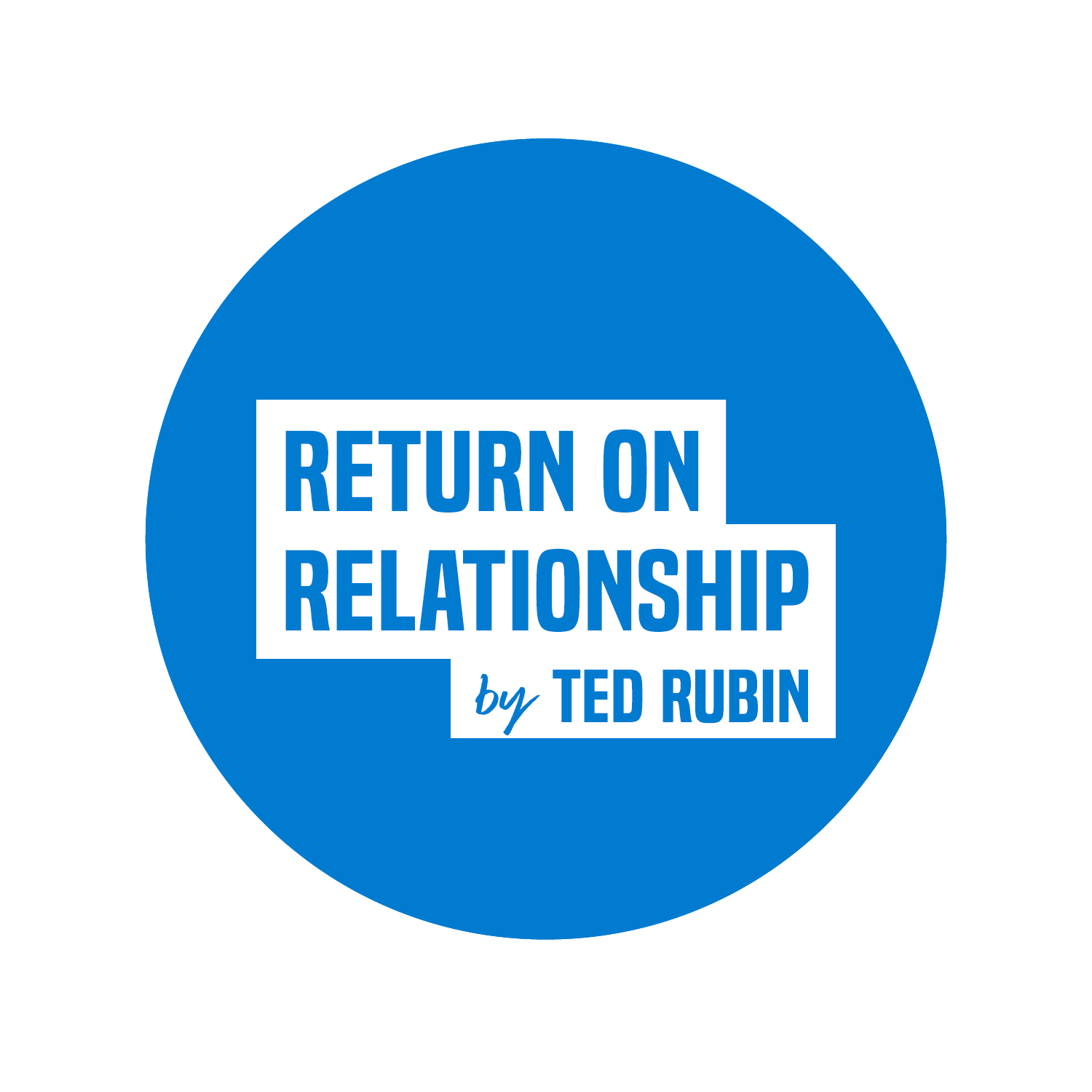Reshaping My Math Mind ~via @summitviewlearn and Esther Sokoloff-Rubin
Parents and Students, my niece Esther just finished her freshman year at Tufts University. She is smart, passionate, and has come to love learning. She is working with some of her former teachers and tutors this summer helping them to launch Summit View Learning. Please read her valuable educational and tutoring insight here... /Ted
I liked math until seventh grade when I stopped understanding what “x” was, beyond a lowercase letter plaguing my math homework. My classmates were more advanced than me and the holes in my basic understanding of math became hard to ignore. I was motivated to do well, but the motivation alone couldn’t teach me pre-algebra. I turned to my dad who is skilled at both math and teaching, but he did not understand the kind of building blocks I needed to succeed in math. My homework questions led to misunderstandings and frustration.
In eighth grade, I looked for outside help and started working with a math tutor. He not only helped me to understand math in new ways, but he gave me the tools to become a strong high school math thinker, much to my surprise. On my first day of tutoring, he told me that in math, the most important question to ask is why. I learned quickly that asking why and understanding where things come from is not simply a task for the humanities but is crucial to strengthening a growing math brain. My tutor also told me not to follow my instincts; he told me I must think through problems before jumping to the most comfortable conclusion. I learned that my instincts often led me down the wrong path. I discovered how algorithms, mathematical processes, and rules evolved, before I could trust my instincts on how to apply them. Over time, my hunches got better, and I could begin, with caution, to follow them.
I learned how to methodically break down word problems: 1) Read closely; 2) Immediately write down everything I know, rather than getting stuck on the things I have not yet figured out. The momentum gained from listing everything I knew helped me tackle the unknown variables. Just like writing a paper, it is much easier to revise something that is written than to stare fruitlessly at a blank page. I learned not to linger on the aspects of a problem that confuse me, but instead brainstorm everything I can make sense of. Then, math problems become connect-the-dots puzzles: string together the insights the problem gives you to identify a correct math tool and reveal the variable in question.
My math tutor nurtured my love of learning and applied it to math, a subject that brought out my greatest teenage frustration and angst. I am not only a strong math student today, but I am passionate for numbers, theories, algorithms, and solvable problems. In middle school, my tutor did not bombard me with rules to memorize or emphasize my lack of background knowledge. Together, we built my conceptual math understanding from the ground up, creating a list of strategies for me to employ when I am stuck or frustrated. I excelled at math in high school, tutored seventh grade math students myself, and entered Tufts University as an undergraduate on the Pre-Med track with an interest in science and math.
Tutoring gave me a foundational math understanding that I carry with me to this day. I did not continue weekly tutoring later in high school, even though my math classes got more advanced and the stakes higher. I didn’t need the individual support any longer, because I had gained a toolbox of math strategies to draw from whenever I needed it.
I find myself thinking, and maybe you are wondering too, why aren’t math classes taught with the same philosophy my tutor was able to use so effectively with me? Does individual tutoring lend itself to this deeper understanding approach more so than classroom teaching? My tutor was able to have in-depth conversations with me about my ideas. How can we create ways for individual and classroom instruction to share similar approaches and complement one another?



